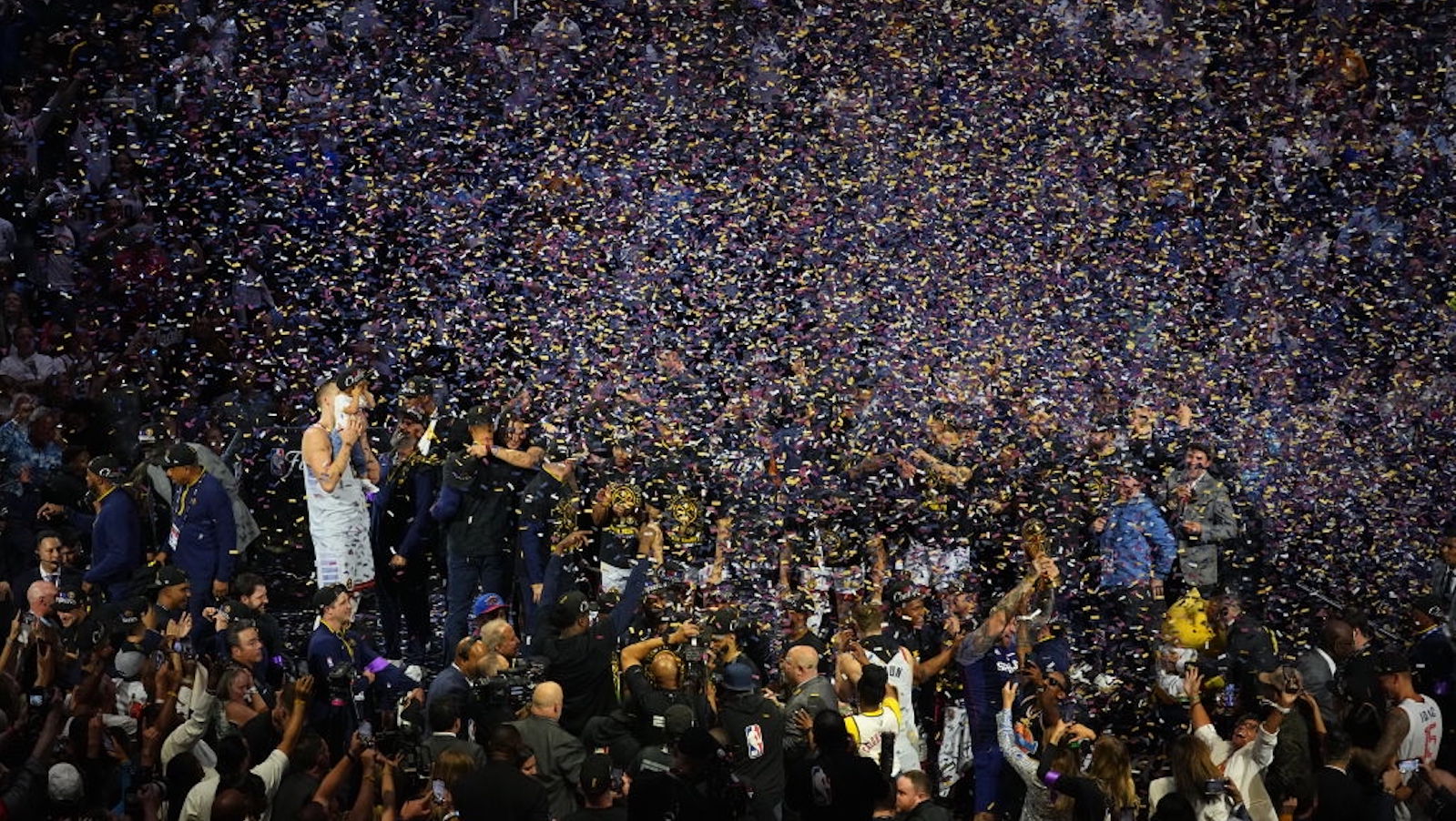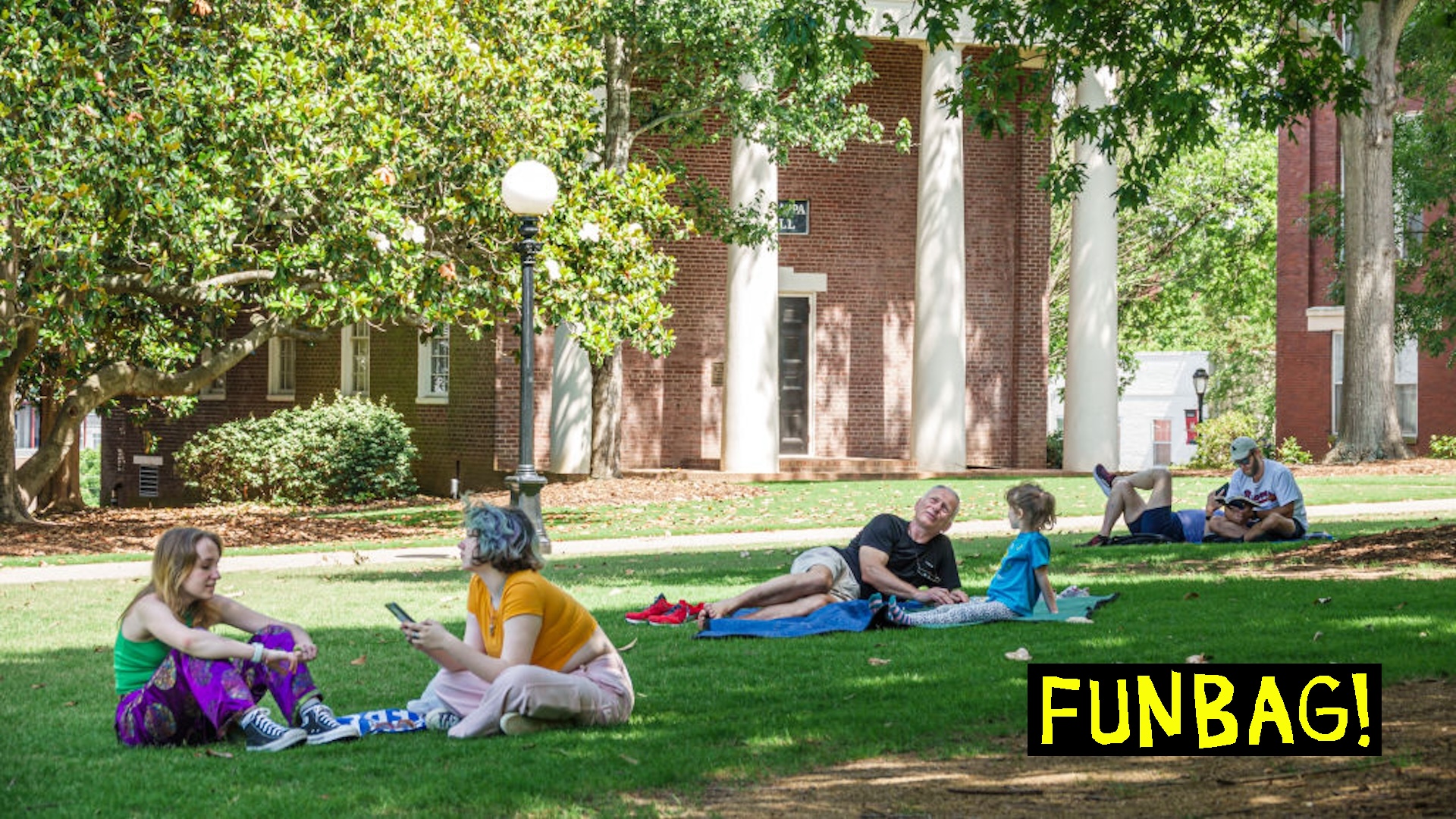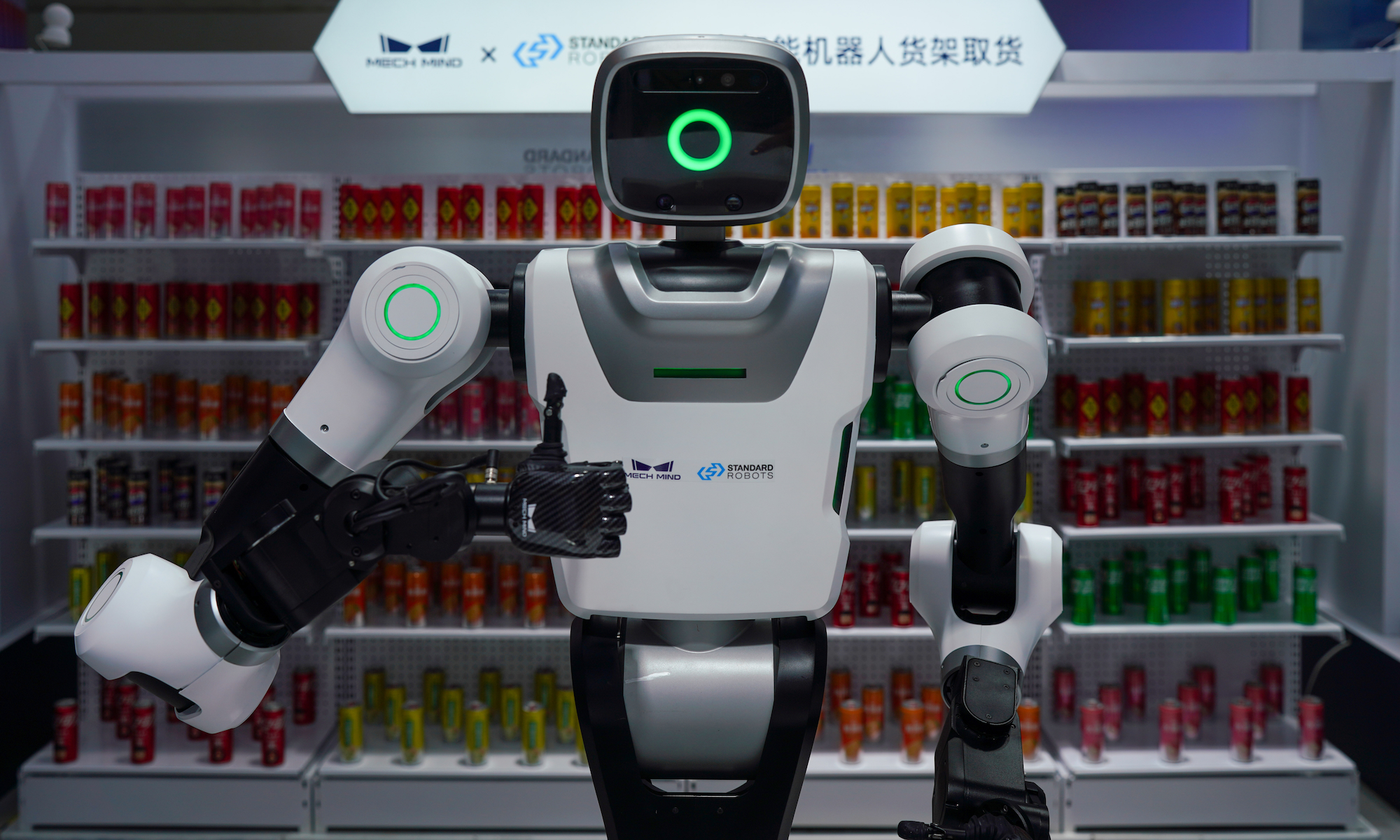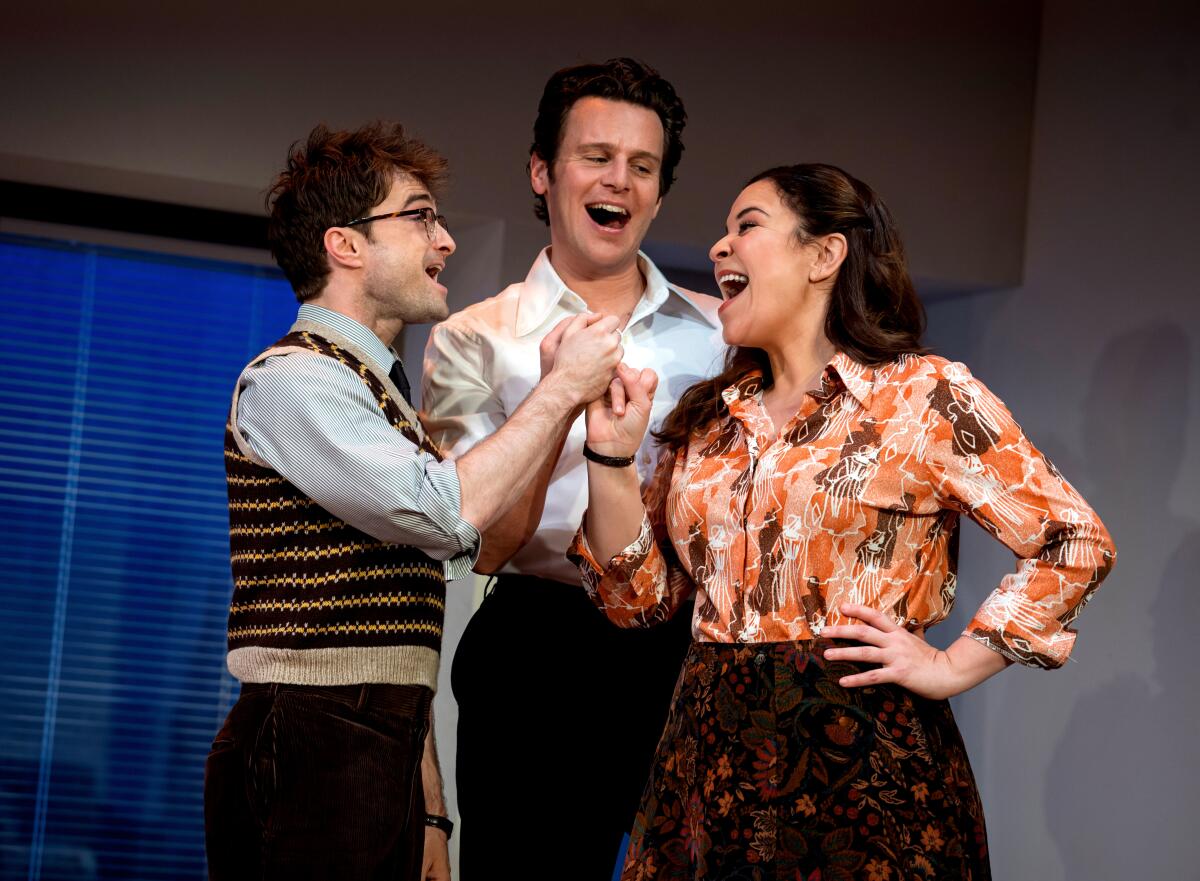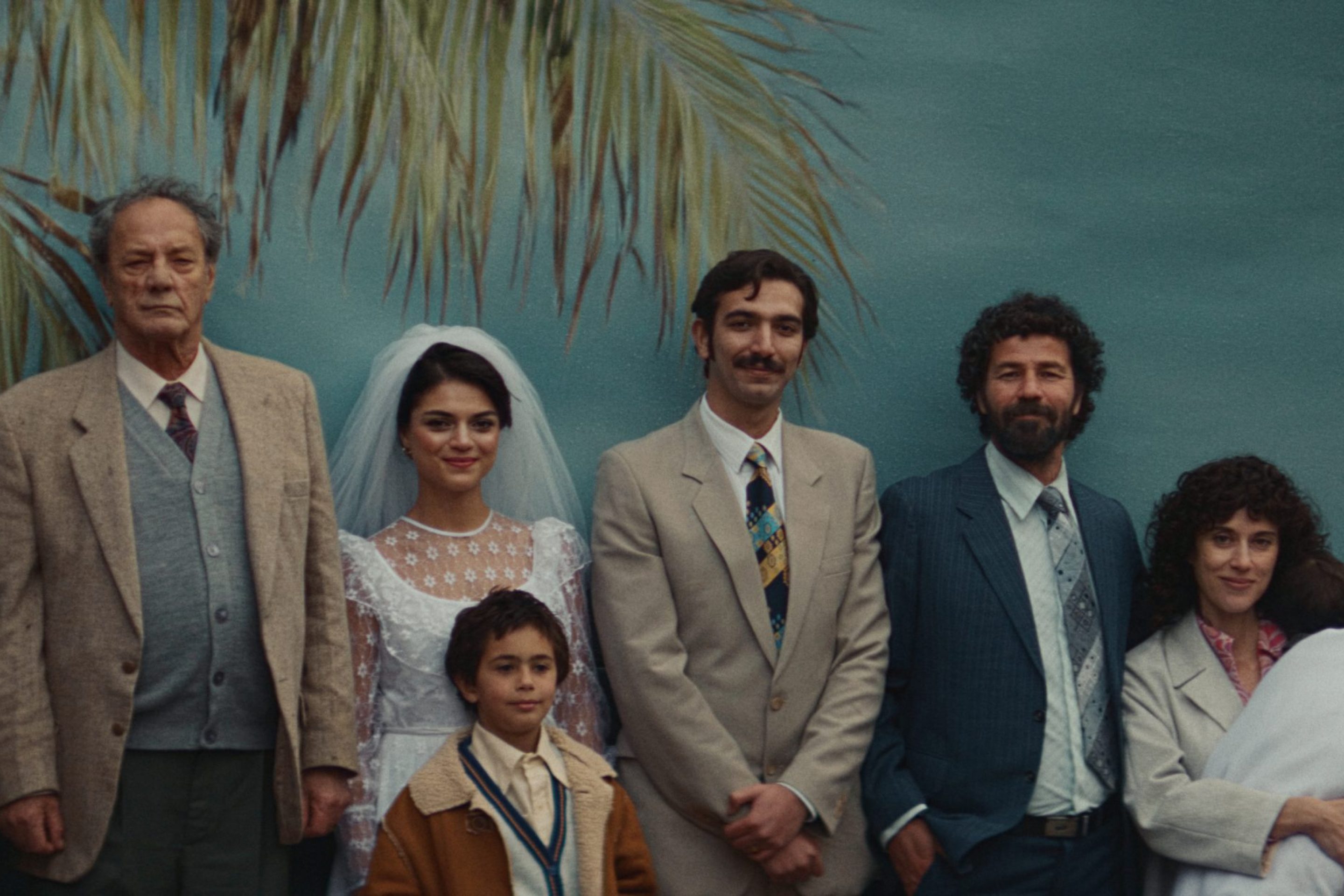There is no wrong way to win a title. Champagne tastes like champagne no matter how the bottle ends up in your hands, and in a few days nobody will care much about the fact that the clinching game, the 94-89 Game 5 win over the Heat that delivered the Nuggets their first title in 47 years as an NBA franchise, was one of the ugliest of the season. Nobody really wants to watch, much less play in, a game in which the winning team shoots 17 percent from three-point range, 56 percent from the free-throw line, and reaches the bottom of the barrel of offensive efficiency. But we watched it, and they played it, and when it was over they were champions all the same.
The story of how the Nuggets got to this point is much longer and more interesting than one game, series, or season. No team, save those that play in cities where LeBron James decides he'd like to live, wins a title without first cashing several cosmic and/or literal lottery tickets. The Nuggets punched theirs in 2014, when they drafted Nikola Jokic with the 41st pick. Everyone has heard that story by now, and been routinely reminded of the fitting commercial that was playing on ESPN instead of Jokic's selection being announced, but a forgotten part of the history is that Jokic never planned to go to Denver. He wanted to sign a pro contract with FC Barcelona, but when team officials traveled to Belgrade to finalize his contract, they watched him play so poorly that they pulled out of the deal. “I had four points, three rebounds and I didn’t play defense,” Jokic told SI in 2017. “I think it was a sign. Without that game, I’d be in Barcelona right now.” And so it was that one awful game, a perverse stroke of good luck, that set the Nuggets on their path.
The length of that path will get condensed in the retellings of this championship run, but it's useful today to remember how long it really was. The first step forward came on Dec. 15, 2016, a date that Nuggets fans treat as a holiday, when head coach Michael Malone made Jokic the team's permanent starting center. Jokic's greatness started to reveal itself quickly, but even the most bullish observers couldn't have anticipated MVP awards and a championship trophy. Perhaps some people started to whisper about those things during the 2017–18 season, when Jamal Murray, the No. 7 pick the previous year, laid claim to the starting point guard position and got busy with Jokic establishing and nurturing the league's most effective and generative two-man game.
The Nuggets spent the next few seasons walking the tightrope of roster-building. Shooting was found, thanks to another grim stroke of luck, when Michael Porter Jr. fell to 14th in the 2018 draft due to his catastrophically fucked-up back. Defense and rebounding became available in 2021, when the Orlando Magic decided to cut bait on a 25-year-old former No. 4 overall pick and traded Aaron Gordon to Denver. What followed was another moment in time that Nuggets fans keep filed away in their brains: The Nuggets went 7-0 in Gordon's first seven games with the team, and for the first time in the Jokic-Murray-Malone era they started to look like a real contender. They lost the next game to the Celtics, and the one after that to the Warriors, and in that game Jamal Murray tore his ACL, stalling out the next two seasons. But Murray eventually came back, and Facu Campazzo and Austin Rivers gave way to Bruce Brown and Kentavious Caldwell-Pope, and the journey that ended last night was allowed to resume.
This won't devolve into a bunch of chest-thumping about how the Nuggets won a title the "right way," by drafting and developing talent rather than "chasing stars" in trades and free agency, because no method of trying to win games is more virtuous than any other. But some achievements are made more meaningful by the histories that preceded them, and so much of what there is to enjoy about this Nuggets title can be located in what came before it. Forty-seven years is such a long time, but so is eight. Michael Malone looked like this when he first met Nikola Jokic, and I was still a non-believer when the big man started doing things on the court that demanded I raise my head from the couch and start remembering how to pronounce his name. I remained a skeptic when Murray began his first trip to the playoffs by nearly shooting himself out of the rotation. Something like belief started to finally seep when I sat at home, locked inside while a pandemic raged, and saw Jokic and Murray's two-man game evolve into something capable of melting two consecutive 3-1 series deficits. I shook my head in disbelief and appreciation as Jokic sculpted himself into a two-time MVP, and never once stopped growing and refining his game while Murray's knee healed.
The thing about teams is that they are not static; they are constantly shifting organisms, and the roster you set out to construct is not the one that fails or succeeds. That failure or success is the culmination of a long, uneven, and uncertain evolutionary process.
That's what defines this team: a ceaseless evolution, one that continued right up until Game 5 was brought to its merciful end. At one point, Jokic was just a neat curiosity, a soft but limited genius. He had to become a tireless competitor, a ruthless scorer, and a guy capable of dropping a 32-21-10 in a Finals game. Jamal Murray was once just a streaky shooter looking for the right moments to try and heat up. He had to become the guy who tamed the Heat's unrelenting defense not with his shooting, but with his playmaking and steady hand. It was true that the Nuggets were a whirring offensive machine but a lackluster defense, and then suddenly the Heat failed to crack 100 points in four out of five Finals games, and that wasn't true anymore. It was true that the Nuggets weren't the type of team built to suffer and win ugly, right up until they triumphed through that morass of a clinching game. Even poor, ruined Michael Porter Jr., a one-dimensional player if there ever was one, kept fighting to become something more as his shooting touch died in front of us. Porter grabbed 13 rebounds in Game 5 and dedicated himself to pushing the pace and attacking the rim in a way that had previously never seemed possible for him.
Most teams stall out or fall apart before the truly meaningful leaps forward can occur. Building a competent and entertaining NBA team is hard; keeping one together and moving forward for as long as the Nuggets have is even more difficult; winning an NBA title is utterly implausible. You just never expect it all to work out like this, and so I remained incapable of imagining the Nuggets raising a trophy, even as they went up 3-1 in this series and even as the final seconds of Game 5 ticked away. It hadn't happened in my lifetime. Could it really happen now?
My head is sodden with memories, and images associated with each one. Every court-bending Jokic pass I've seen over the last eight seasons has left an imprint on my brain, like a shadow burned into a TV that was left on for too long. I have many times imagined the locker-room scene in which Malone, trying to pull Murray out of the quicksand he was in during the second game of his disastrous introduction to the playoffs, grabbed his young player and said, "I believe in you. I love you." (It worked.) "Jamal Murray & Nikola Jokic embrace postgame in PhantomCam!" is not only a YouTube title that exists, but one that lives above a video I have thought about at least once a month for the past three years. It will now be joined by "Jokic DRAGGING Murray INTO THE POOL!🤣." It's all swirling today: memories of game-winning shots, ludicrous passes, and bleary-eyed nights on which I watched my favorite sports team play some of the most inventive basketball of the last decade.
In the afterglow, I've started to understand that all those memories and moments I held onto were collected as a kind of defense mechanism. If championships are all that matter, then happiness as a sports fan mostly comes down to being born in a specific place at a specific time. That's a lousy way to live, so it becomes wise to not think too much about what could be, but to appreciate what is, to hold onto each individual moment for its own value rather than what it might be leading to. But championships change the past. They unfurl a long and meaningful journey behind them, and in a blink all of those previously self-contained moments are snapped together to form a shining, golden path, and when the buzzer sounded on Game 5 my brain couldn't really handle the real-time reprogramming of the past. I put my face in my hands, cried a few silent tears, and failed to understand what had just become true.
